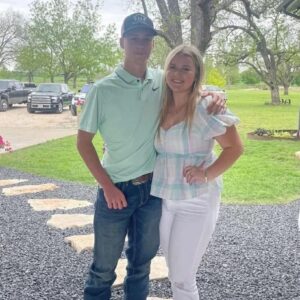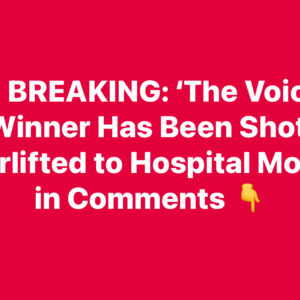At 57, I found myself navigating the unfamiliar terrain of widowhood. My husband, my rock since college, had been my everything. As an orphan, he became my family, my anchor in a world that had always felt uncertain.
We had lived an amazing life together, filled with love, laughter, and countless memories. But there was one thing missing: children. We always told ourselves we would start a family someday, but as the years passed, it seemed like there was always something else to prioritize. And then, suddenly, it was too late.
Now, I found myself alone, grappling with the silence of an empty house and the ache of an unfulfilled longing. Work helped to fill the void during the day, but the evenings were the toughest. I would sit in front of the TV, watching mindless shows to keep the sad thoughts at bay.
One night, however, a television program caught my attention. It was a show about a girl who had found her biological father through a DNA test. The concept intrigued me—what if I could find my own biological family?
I decided to give it a try, mainly as a distraction from my grief. I picked a reputable DNA testing company and sent in my sample, not really expecting much to come of it. But then, the results came in, and my world flipped upside down.
The report showed a 49.96% DNA match with a young girl, accompanied by a photo. And guess what? It said she was my daughter.
I thought I was losing my mind. Did I somehow have a child and forget about it? The possibility seemed absurd, yet there it was, staring back at me from the screen.
My hands shook as I reached for the phone, dialing the number provided by the testing company. When a voice answered on the other end, I struggled to find the right words.
“Hello? Is this…is this Emily?” I asked, my voice trembling with emotion.
“Yes, who is this?” came the cautious reply.
“It’s…it’s your mother,” I whispered, tears streaming down my face.
There was a stunned silence on the other end of the line, followed by a choked sob. “Mom? Is…is this real?”
We talked for hours, sharing stories, asking questions, and piecing together the puzzle of our past. Emily had been raised by her grandparents, never knowing who her biological parents were. She had always felt a sense of emptiness, a longing for the missing pieces of her identity.
And now, here we were, brought together by a simple DNA test. It was surreal, almost too good to be true. But as we talked, I felt a connection growing stronger with every word, a bond that transcended time and distance.
In the days that followed, Emily and I began to build a relationship, slowly but surely. We met in person, shared meals, and laughed together like we had known each other forever. It was a journey of discovery and healing, for both of us.
As I looked into Emily’s eyes, I saw reflections of myself, echoes of a past that had been lost but was now found. And in that moment, I realized that even in the midst of loss and loneliness, life had a way of surprising us, of bringing us the most unexpected gifts.
I may have never had children of my own, but in Emily, I found a daughter—a daughter I never knew I had, but one I would cherish for the rest of my days. And as we walked hand in hand into the future, I knew that we were both finally home.





